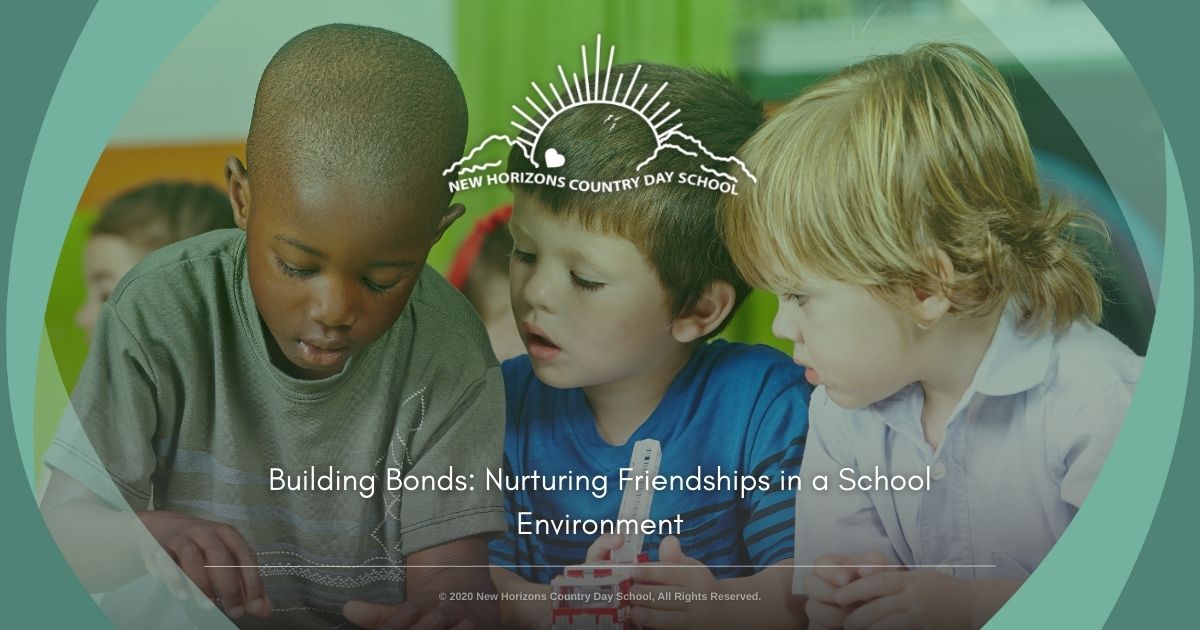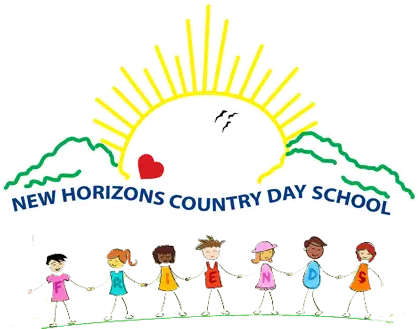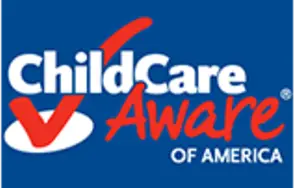
Friendships are a fun and vital aspect of early childhood. Young children are capable of creating healthy, deep attachments to other children and can benefit from playing and spending time with peers.
Children learn a lot from their earliest friendships, including how to navigate challenges and disagreements, ways to get along with people who have different interests, and how to empathize with others’ emotions and needs.
While some children may make friends easily, some need a little support and help to branch out and make social connections. As educators, parents, and caregivers, we are responsible for creating a school environment that nurtures friendships.
This article will explore some of the ways caring adults can create a school environment that helps children make and maintain healthy friendships in the preschool years. Reach out to the educators at New Horizons Private School now to learn about how we foster friendships at school or to schedule a tour of our amazing learning centers.
Nurturing Friendships at School
The friendships children make during their earliest years can leave a lasting imprint on them. Even when children lose touch with preschool friends as they grow older, their experiences can shape how they relate to others throughout elementary school and beyond.
Here are some of the ways caring adults can support young children as they build and navigate early friendships at school.
Create a caring environment
How we talk, behave, and respond can help shape our children’s environment and values. Creating an open, caring classroom environment culture is essential. Teachers can do this by modeling kind behavior, giving kids the vocabulary to relate to others kindly, and facilitating activities that naturally encourage kindness and cooperation.
Parents can help their children develop critical skills by reinforcing the values of kindness, empathy, patience, and acceptance at home.
Talk about feelings
Discussions about emotions often happen naturally with young children. Parents or teachers may notice that a child looks happy, sad, angry, or worried and ask why they feel that way.
In addition to recognizing and naming children’s emotions, it’s crucial to help kids recognize emotions in themselves and others. This requires intentional education and frequent reinforcement.
In the classroom, teachers can read books about emotions. They may stop reading a book and ask children to guess what the characters may be feeling. Teachers can also start each day with an emotional check-in for students. Parents and teachers can use “feeling words” as part of everyday conversations and emphasize that all people have a broad range of emotions.
Model behavior
Teachers can help to nurture friendships in a school environment by modeling good behaviors. Use polite language when speaking to other staff and children, and avoid speaking unkindly to or about anyone.
When asking other staff for favors or help, model the kindness and gratitude you hope to see from your students. Intentionally use the language you’d hope to hear from young children.
Encourage sharing
Early childhood educators can help young children develop the essential skill of sharing in many ways, including:
- Empathizing with children. Say, “I know it’s hard to wait, but it will be your turn soon. Look how much fun Sarah is having with the ball–you’ll have so much fun when it’s your turn!”
- Encourage cooperation by planning activities where children will need to work together. This could be a game, physical activity, art project, or classroom task.
- Give children the language to ask for what they want and set boundaries, such as, “Can I have a turn with that when you are done?” and “I’m using this now. I’ll give it to you when I’m finished.”
Teachers and parents can reinforce good sharing behaviors by praising children when they share well and intervening with kindness if a disagreement escalates.
Why are Early Friendships So Important?
When children develop the social skills they need to make and keep friendships, they often carry these skills and benefits with them for many years to come.
Here are some of the most significant benefits of nurturing friendships in a preschool environment.
More self-esteem
Making and maintaining friendships gives young children a boost of confidence and self-esteem. They learn that playing and working with others can be enjoyable, which can help them develop healthy relationships throughout their lives
Empathy
Empathy means being able to understand others’ emotions and relate to them. Early friendships help children build and grow their ability to empathize with the people around them.
When children empathize with others, they become more compassionate and understanding of the people in their lives–and those they don’t know personally. Empathetic, compassionate people often have deeper, healthier relationships with others at any age.
Conflict resolution
Being able to navigate disagreements and conflict without resorting to aggressive or abusive behaviors is one of the most critical skills necessary for healthy relationships at any age. Early friendships allow children to develop their social and conflict-resolution skills, helping them be better friends and community members.
Learn More About Nurturing Friendships at School
Reach out to the skilled educators at New Horizons Private School now to learn more about how we foster friendships in our early learning environments or to schedule a tour of our center. We look forward to meeting you and your child.




